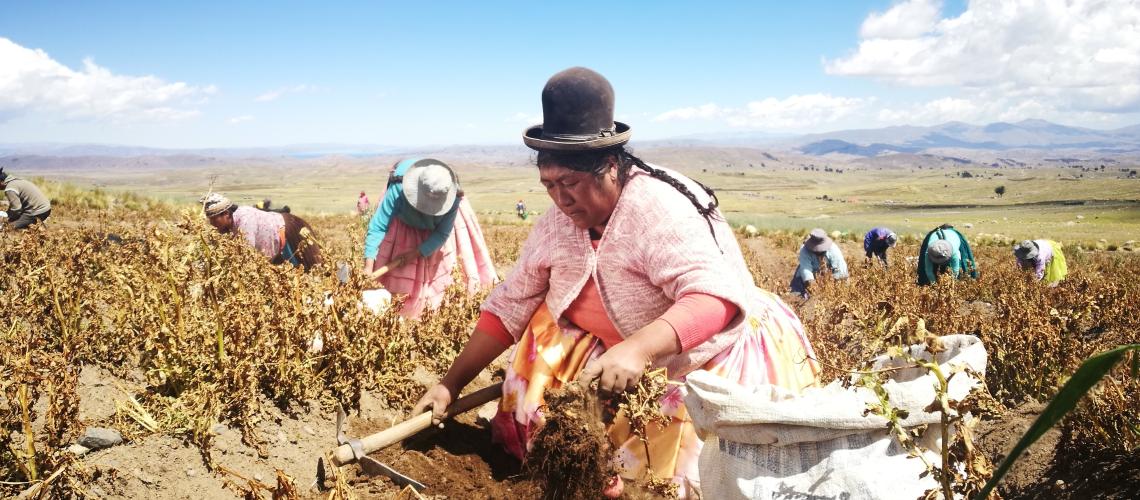
Since 2014, Bolivia has had the Risk Management Law (Law 602), which regulates the institutional and jurisdictional risk management framework. Based on this regulation, the Vice Ministry of Civil Defense (VIDECI) revived the National Emergency Operations Committee (COEN) in July 2021 to develop a National Risk Management Plan for the country with UNDRR support.
The importance of having an assessment of Disaster Risk Management capacities was recognized as a pre-requirement to develop the new National DRM Plan.
The DRM capacity diagnosis facilitated by the Humanitarian Country Team in 2019, applying the CADRI Partnership methodology, was still pending validation due to the political transition. In July 2021, the VIDECI convened a workshop with representatives from various sectoral ministries and the Humanitarian Country Team to gather new perspectives and consult on strategies for risk management with the view to develop the National DRM Strategy. It was agreed to update the DRM capacity diagnosis to reflect the changes induced by the COVID-19 pandemic as well as the changes implemented in 2020-2021 in each of the seven sectors being considered: Environment, Civil Defense, Education, Health, Public Works, Justice and Water and Sanitation.
The VIDECI and the UN Resident Coordinator Office are working to update the CADRI capacity diagnosis and prepare the National Disaster Risk Management Plan.
Both are critical to support COEN's and VIDECI's actions and empower socio-economic sectors and the coordination mandate of the Ministry of Development Planning. Risk management is a priority in the development of the new UN Country Framework 2023-2027, and the UN System is committed to continue working with the Vice Ministry of Civil Defense to address the impacts of both climate change and those caused by the COVID-19 pandemic.
